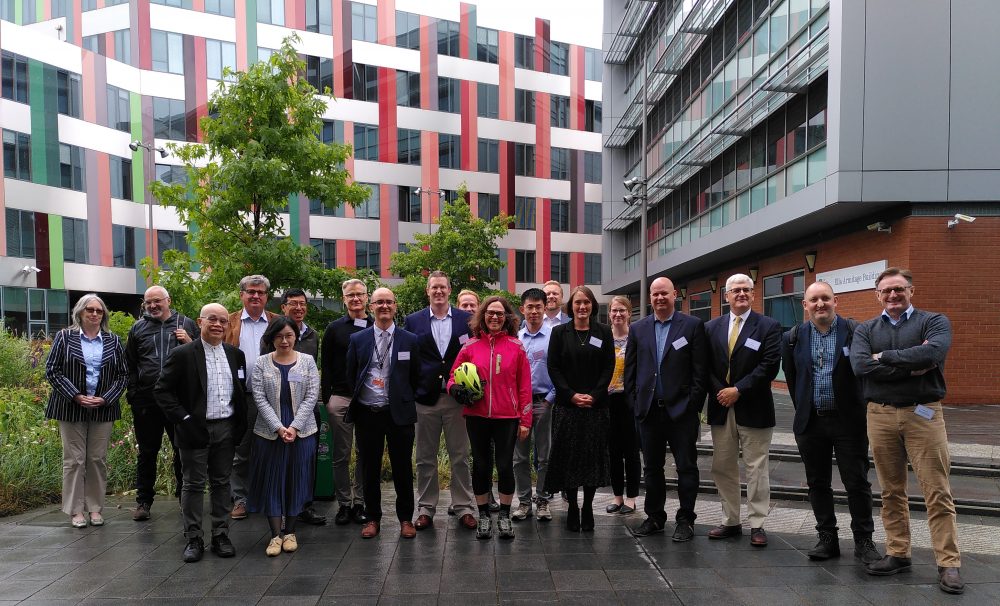
Rising temperatures are leading to an increasing loss of life. Many deaths are preventable, but communities are generally unprepared to deal with extreme heat events. What are the most impactful strategies a community can adopt to save lives during a heatwave? A WUN research project is working to identify and address gaps in healthcare preparedness for heat emergencies.
The team of 14 researchers from 7 WUN members [1], led by PI Dr John G. Richmond at the University of Sheffield, is mapping effective strategies and common pitfalls to collect heat mitigation evidence in a systematic review of research done to date.
A recent publication in PLoS ONE details the protocol used to perform their review, with additional articles on the horizon. The team also held an international interdisciplinary conference focused on generating and refining mechanisms to reduce risks to vulnerable populations during heat emergencies.
The research so far has identified the following challenges and opportunities in community resilience to heat emergencies:
- Identifying the Vulnerable: In a heat emergency, vulnerable populations are often different than in other scenarios. For example, physically fit men who work outdoors are among the highest risk groups. Existing emergency strategies often fall short on connecting with these populations.
- Early Warning Systems: Actionable alerts can save lives and prevent health system strains when they reach the right people at the right time. Current warning systems can benefit from building community trust and adjusting media focus to reach the right populations.
- Healthcare Emergency Planning: Healthcare systems often lack heat-specific protocols. Preparedness measures, such as dedicated water bottle reserves, cooling stations, and training for healthcare workers, are essential to improving outcomes.
- Green Infrastructure and Design: Urban heat islands exacerbate heatwaves. Prioritizing green spaces and designing buildings with heat relief elements can reduce temperatures. However, for maximum effectiveness these community elements must be accessible to vulnerable populations.
- Lack of Coordination: For most communities, the paramount challenge during extreme weather events is the lack of coordination between governments, health agencies, and local organizations. In an era of poly-crisis, targeted efforts and streamlined communications are critical to save lives.
The team has turned its attention to exploring mental health preparedness, response, and resilience to climate and weather extremes, having been awarded an Academy of Medical Sciences Networking grant from 2024 to 2025 for this topic. In line with this focus, they have recently completed a research prioritisation exercise at the University of Alberta which considers the mental health concerns of first responders and healthcare professionals responding and preparing for Wildfires in Western Canada.
[1] WUN members: University of Alberta, University of Ghana, University of Leeds, Mahidol University, National Cheng Kung University (NCKU), The University of Sheffield, and University of Technology Sydney.